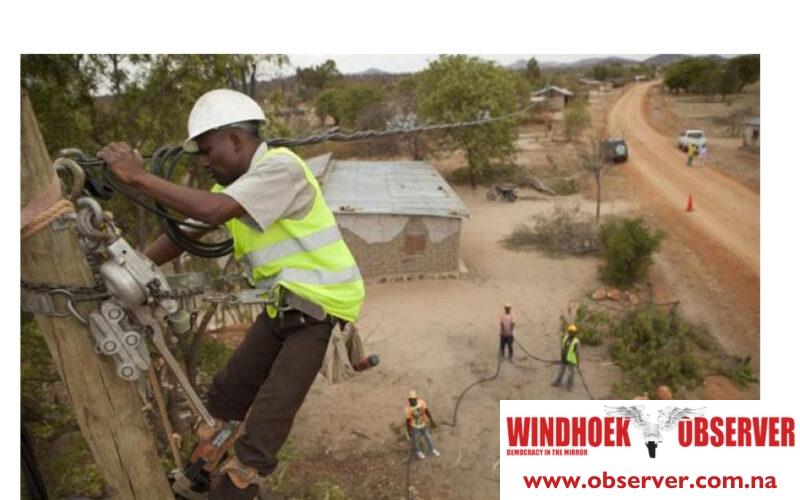Martin Endjala
The Namibia Local Business Association (NALOBA) and the Construction Industries Federation of Namibia (CIF) have strongly criticised the African Development Bank (AfDB) report on infrastructure development in Namibia.
The AfDB report claims that Namibian companies lack the capacity to manage infrastructure development projects and are unable to compete against international firms for major contracts.
NALOBA’s vice president, Peter Amadhila condemned the report, questioning the role of the AfDB in developing the capacity of Namibian enterprises.
“All they do is set the requirements so high in order to intentionally award these projects to international companies, where directly or indirectly they share benefits and brown envelopes at the expense of poor Namibian enterprises,” he claimed.
Amadhila also claimed that corruption is prevalent in awarding these projects to foreign companies, which, in turn, exploit Namibian workers by paying them meagre wages.
He explained that Namibian companies with machinery are often offered rates so low they cannot accept the projects, prompting foreign companies to bring in their own workers at better rates.
“In the end, our country is left with huge debt because these projects are overinflated to accommodate brown envelopes, and the future generations are in trouble to pay back these loans.,” he said.
Amadhila called for systemic change, emphasising the need to develop and trust local companies to participate in the nation’s development.
He argued that when borrowed money is channelled through local companies, it stays within Namibia, strengthening the economy instead of benefiting foreign nations.
CIF’s chief executive officer, Barbel Kirchner also expressed concern about the AfDB report, highlighting the documented capacity and proven capabilities of Namibian companies.
“Namibian companies are fully capable of executing large-scale projects, including our roads and railway. This capability has been demonstrated repeatedly through successful major civil projects and this fact we have shared consistently in discussions with both the government and foreign funding bodies, to no avail,” she pointed out.
According to Kirchner, these projects are embedded with predetermined, very steep financial requirements and often arbitrary technical qualification criteria.
This, she said, systematically disadvantages our local contractors.
“The financial qualification criteria set totally ignores the fact that Namibian companies have been severely impacted by years of economic recession in Namibia, and they fail to accurately reflect the current financial health and potential of local companies,” she said.
Kirchner also argued that the technical criteria set by funding agencies often do not align with the actual requirements of the projects, instead serving as artificial barriers to local contractors.
“The CIF strongly advocates for a revision of the approach in terms of how the financial and technical qualification requirements are determined on various infrastructure projects,” she said.
Kirchner called for segmenting larger projects into smaller, more manageable lots to enable local contractors to bid successfully without being overwhelmed by stringent financial demands.
She emphasised the need for urgent reforms in procurement policies to ensure genuine local participation.




